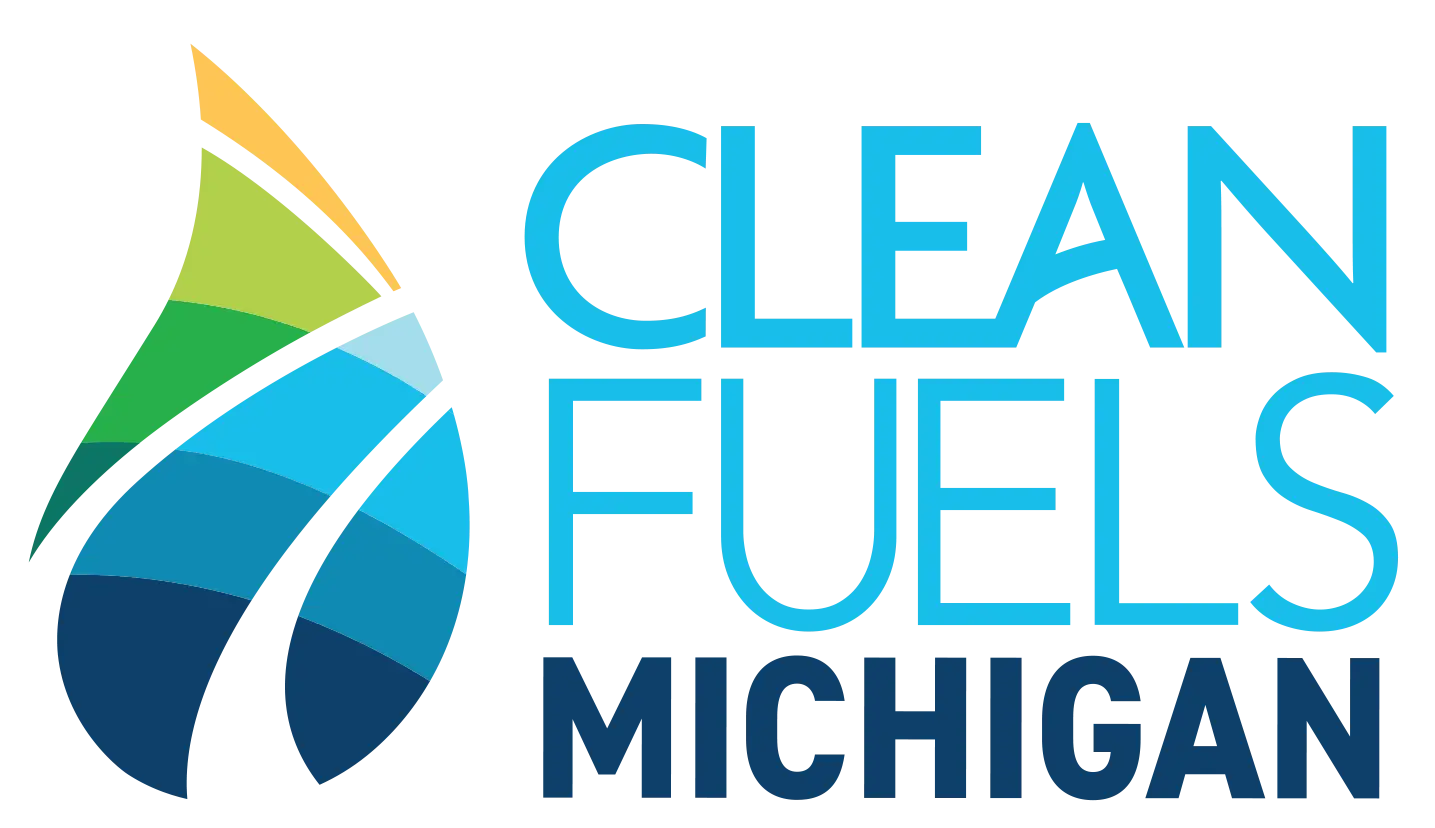Charles River Associates recently published a report on behalf of our member Gevo that found that every $1.00 invested in alcohol-to-jet sustainable aviation fuel (SAF) yields $4.85-6.53 of total quantified benefits.
SAF presents the most available opportunity for decarbonizing the aviation industry.
Alcohol-to-jet is a SAF production method that “converts alcohols such as ethanol or isobutanol into hydrocarbons suitable for jet fuel blending. The process can use starch/sugar feedstocks (e.g., corn, sugarcane) as well as cellulosic crops (nonfood-based sources including crop residues, industrial wastes and energy crops like grasses, woody plants and algae).” To see a list of other types of SAF, check out the Alternative Fuels Data Center SAF information page.
The benefits of SAF assessed in the report include things like:
- Achieving technology improvements that allow for lower production costs in the future.
- Reducing green house gas and particulate matter emissions, which total $2.33 per gallon.
- Expanding regenerative agriculture practices.
- Energy security by reducing dependence on foreign oil, which was assessed qualitatatively.
- Local economic benefits in the region surrounding SAF production.
Supportive Policies Help Realize this Value
As a relatively new fuel that has not yet been produced at scale, SAF is more expensive compared to jet fuel, as shown below in figure 5 from the report. Federal and state policies can lower the price of SAF to bring it into competition with alternatives as a temporary measure to grow the SAF industry.

Federal 45Z tax credit: The Inflation Reduction Act (IRA) introduced the Clean Fuel Production Credit (CFPC) which provides tax incentives for qualifying low-emission transportation fuels (including SAF) produced after 2024 and sold on or before December 31, 2027.
Renewal Fuel Standard (RFS): This national renewable fuels program is overseen by the Environmental Protection Agency (EPA) and mandates a specific volume of renewable fuel to replace or reduce the quantity of petroleum-based transportation fuel. Renewable Identification Numbers (RINs) serve as compliance credits and function as the currency within the RFS program. While there is no obligation to produce a certain quantity of SAF under the RFS mandates, SAF can qualify for RINs on a voluntary, opt-in basis.
Clean Fuels Michigan supports state-level policies to help fill the gap between fossil jet and SAF prices.
State clean fuel standard programs: At the state level, only a handful of states offer incentives specifically tailored to support the SAF industry. California, Oregon, and Washington offer low carbon fuel credits for SAF through the states’ clean fuel standard programs. Michigan’s Senate Bill 275 would establish such a program.
State tax credits: Illinois, Minnesota, and Washington offer tax credits for producers or purchasers of SAF. Michigan’s Senate Bill 447 would establish tax credits for SAF produced in Michigan.
Michigan bills SB 275 and SB 447 would boost the SAF markets, providing 4-6 times the return on investment for Michigan taxpayers.

